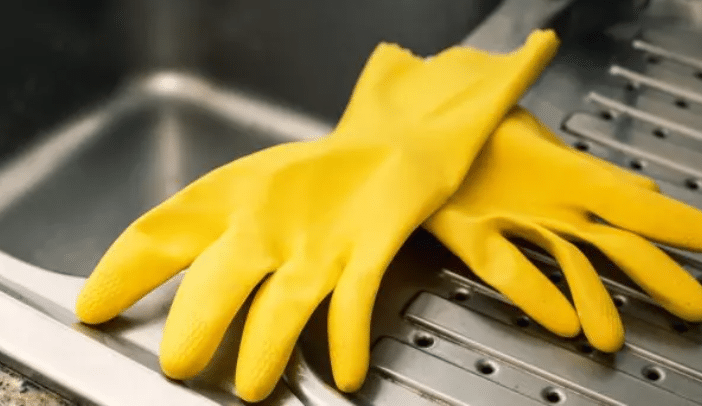How To Deal With Leftover Grease & Tips To Clean A Grease Trap In Denver
There are many things that food service workers need to know about what goes on behind the scenes of a commercial kitchen in action. The grease trap is the most important of the many different things you should be aware of. You must know how to keep the kitchen clean and maintain it regularly to operate smoothly and efficiently.
When making greasy foods like chicken cutlets or frying bacon in a pan, one thing to remember is not to dump the excess oil and grease down the drain. The oil or grease that solidifies in the pipes will easily cause plumbing issues in the future. Consider the following options instead of dumping this hazardous sludge down the drain:
-
Let The Grease Freeze
Pour the remaining grease and oils into the garbage instead of down the drain. Pour the remaining fat and oils into a plastic tub or bag and stick it in the freezer to avoid a smelly, wet trash can. Take the grease from the freezer and place it in the trash before taking it to the curb when garbage is collected. This keeps your home free of unpleasant odors and messes.
-
Utilize Your Disposal
Excess grease or oils will often end up in your sink and drain. There’s no need to panic in that situation, particularly if you have a working garbage disposal. Set the water temperature to the coldest setting to solidify the grease until it enters the drain pipe. Keep the cold water running to wash out the fragments without re-melting them.
-
Flush It Out
There isn’t a garbage disposal in every sink to break up the solidified grease. Switch the water to the hottest setting if grease or oil-based items are spilled into the sink in oil form. This allows the fat to travel down the pipe and reduces the chance of harmful clogs. Place a catcher in each sink to trap the oil before it gets in your drain.
What Is The Role Of A Grease Trap?
It’s crucial to understand what your grease trap does whether you operate in a commercial setting or the foodservice industry. A grease trap protects your plumbing system by separating oils, grease, and any sludge from the water, preventing clogging of waste pipes. When the fat starts to collect, it can be drained and washed later.
Both restaurant owners and other food service establishments should have their grease traps cleaned thoroughly. If your business’s plumbing system is prone to clogs and slow draining sinks, you can contact a commercial plumbing company in Denver. Our licensed and reputable plumbers will help you get rid of the grease build-up in your sinks and get your company back on track. Give us a call at Drain Pros Plumbing Denver today.

